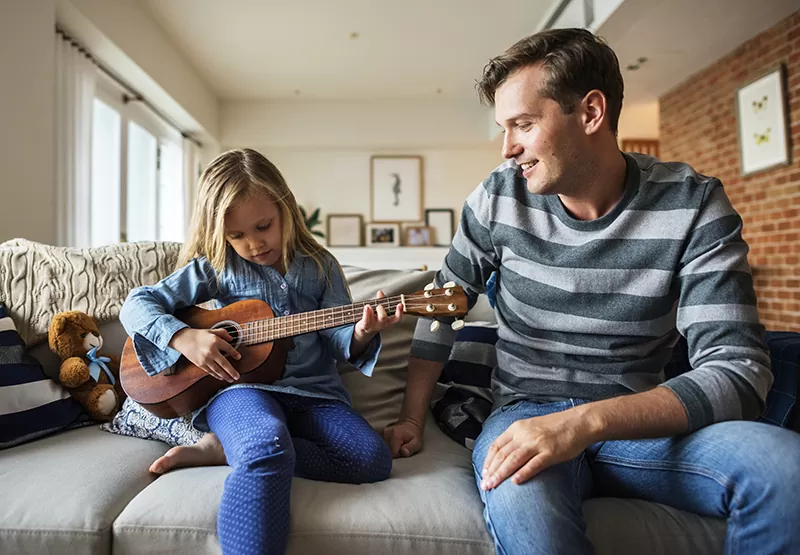Children’s Wishes in Separation
Are you separating?
If you are in the process of separation or are thinking about separating and have children, you will no doubt want to understand how your child’s wishes and views are taken into account and how old they have to be before they get to choose who they want to live with.
This is a complex area of family law and is becoming increasingly challenging in today’s world where children from an early age are exposed to more media than ever before.
We live in an information age – it is everywhere. As a consequence there is an increasing number of experts on everything! Not many of us can say hand on heart that we haven’t dabbled in our own medical diagnosis after “googling” a complaint. With information and the quasi-expertise that it creates we also are increasingly becoming a community that is at risk of feeling entitled. We expect that things will work out the way we want them to work out, all of the time and in every way. This sense of entitlement filters through in many different ways when people separate. One way it sometimes filters through is the way we are going to expect our children’s wishes (often very young children) to be followed in Family Court proceedings about parenting arrangements.
When can my child decide?
This is a question that we are asked frequently in my family law practice. Clearly, as a child reaches a certain age and level of maturity it is difficult to do anything other than what that young adult wishes. By the time a child is fourteen years of age they begin to “vote with their feet”.
What about younger children?
Having been asked this question on countless occasions we thought it would be helpful to set out when and how the Family Court takes children’s views into account in family matters involving parenting.
- Firstly, a child is not, and cannot be required, to express his or her own view about parenting matters. However, if a child or children do express a view then those views must be considered by the Court. How does the Court take into account the wishes of a child? Usually those wishes are taken into account in one of three ways:
- By having the benefit of a Family Report. A family report is written by a Family Court Consultant (with a background in social science) or another agreed or nominated expert who has interviewed the child or children and considered the dynamic of the particular family.
By appointing an Independent Children’s Lawyer. The legislation now requires a lawyer appointed for children to ensure that if any views have been expressed then they are put before the Court.
Such other means as the Court considers appropriate.
The Court however is not required to adopt the views of the child. The children’s views are not final and the Family Court is only obliged to give such weight to those views as it considers appropriate given all of the facts of the particular case.
Following children’s wishes is often seen to be the easier, less uncomfortable path to take and the easier case to argue. However it is important to understand instances when the Court does not adopt the wishes of the children and instead finds that it is in the best interests of the children that the parenting arrangements after separation be different to the arrangements that the children have expressed a preference for.
When should children’s wishes be departed from?
In different cases the Family Court of Australia has identified different instances when it is not in the children’s best interests that their wishes be followed. Examples of this include:
- If the Court has evidence before it that the “favoured” parent may not be committed to facilitating the child to spend time with the other parent.
- If the Court has evidence before it that the “favoured” parent lacks respect in dealing with the legitimate opposition the other parent has expressed to one sided and unilateral decisions that the “favoured” parent has made.
- If the Court has evidence before it that the “favoured” parent does not acknowledge the validity of the role of the other parent in the child’s life.
- If the Court is satisfied that the wishes expressed by the child were not soundly based upon mature and independent consideration but rather as a result of influence or coaxing.
Other considerations including family dynamics and motivations can also be significant. Each family and the views expressed by each child and the basis for those views are individually taken into account to ensure that the best interests of the child are secured. It is a holistic, complex exercise and one that will no doubt continue to evolve.
Other considerations including family dynamics and motivations can also be significant. Each family and the views expressed by each child and the basis for those views are individually taken into account to ensure that the best interests of the child are secured. It is a holistic, complex exercise and one that will no doubt continue to evolve.
If you are separating with children and would like some help navigating this difficult path we are ready to help. We have family law experts with countless years’ experience in parenting matters available to assist you and your family. Call us on 02 9437 0010 for a no-obligation initial consultation.Doolan Wagner Family Lawyersare conveniently located in St Leonards on Sydney’s Lower North Shore.
These posts are only intended as an overview or comment on current issues that may interest you and are not legal advice. If there are any matters that you would like us to advise you on, then please contact us.


